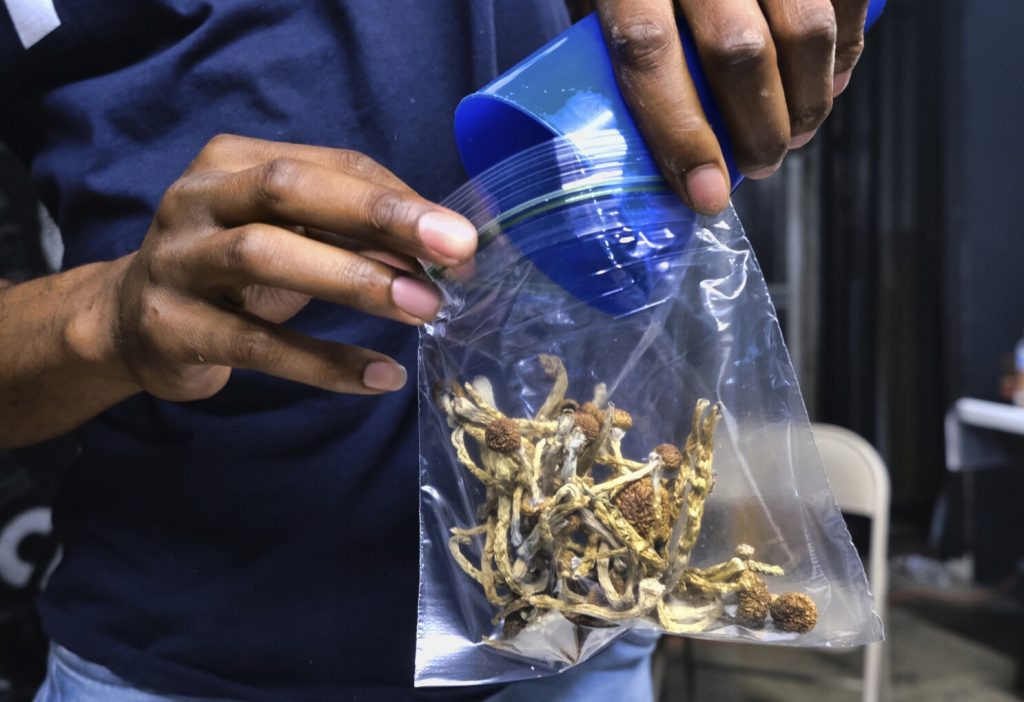The human mind, a complex and often unfathomable realm, has been the subject of intrigue and mystery across cultures and epochs. In the quest to understand its depths, humanity has turned to various keys that unlock its hidden doors. Among these, psychedelic mushrooms stand out as both ancient and modern tools for exploration, offering glimpses into the mystical and often elusive nature of consciousness itself. Psychedelic mushrooms, primarily those containing the psychoactive compound psilocybin, have been part of human ritual and medicinal practices for thousands of years. Indigenous cultures across the globe, from the Mastic people of Mexico to the indigenous tribes of Siberia, have revered these fungi for their ability to induce profound spiritual experiences, healing, and insight. In the contemporary world, these ancient practices have intersected with modern science, leading to a renaissance in psychedelic research that seeks to uncover the mysteries of the human mind.

At the heart of this renaissance is a fascination with how psychedelic mushrooms can precipitate deeply meaningful and often transformative experiences. Users frequently report encounters with ineffable realms, dissolution of ego boundaries, and a sense of unity with the universe. These experiences, while deeply personal, offer valuable insights into the nature of consciousness and the human psyche. Scientific research has begun to unravel the mechanisms behind these profound experiences. Psilocybin, the active compound in psychedelic mushrooms, has been shown to significantly alter the brain’s connectivity patterns. By acting on serotonin receptors, psilocybin decreases activity in the brain’s default mode network DMN, shrooms near me a network thought to play a key role in maintaining our sense of self or ego. The reduction in DMN activity is believed to lead to the ego-dissolution and sense of oneness with the universe that many users report. Beyond the immediate experiential effects, psychedelic mushrooms have shown promise in the field of mental health.
Preliminary studies suggest that psilocybin therapy can have significant, lasting benefits for individuals suffering from conditions such as depression, anxiety, and PTSD. By facilitating profound, meaningful experiences that can lead to changes in perspective and behavior, psilocybin holds the potential to revolutionize mental health treatment. However, the path forward is not without its challenges. Legal and societal barriers, and the need for further research, stand in the way of fully integrating psychedelic mushrooms into mainstream therapeutic practices. Despite these hurdles, the growing body of evidence supporting their therapeutic potential, coupled with a growing cultural acceptance, suggests that psychedelic mushrooms could play a crucial role in our ongoing quest to understand the human mind. As we stand on the brink of this new frontier in understanding the human condition, psychedelic mushrooms offer a tantalizing glimpse into the depths of the mind. Their ability to unlock profound layers of consciousness challenges our perceptions of reality and self, inviting us to reconsider what it means to be human.




